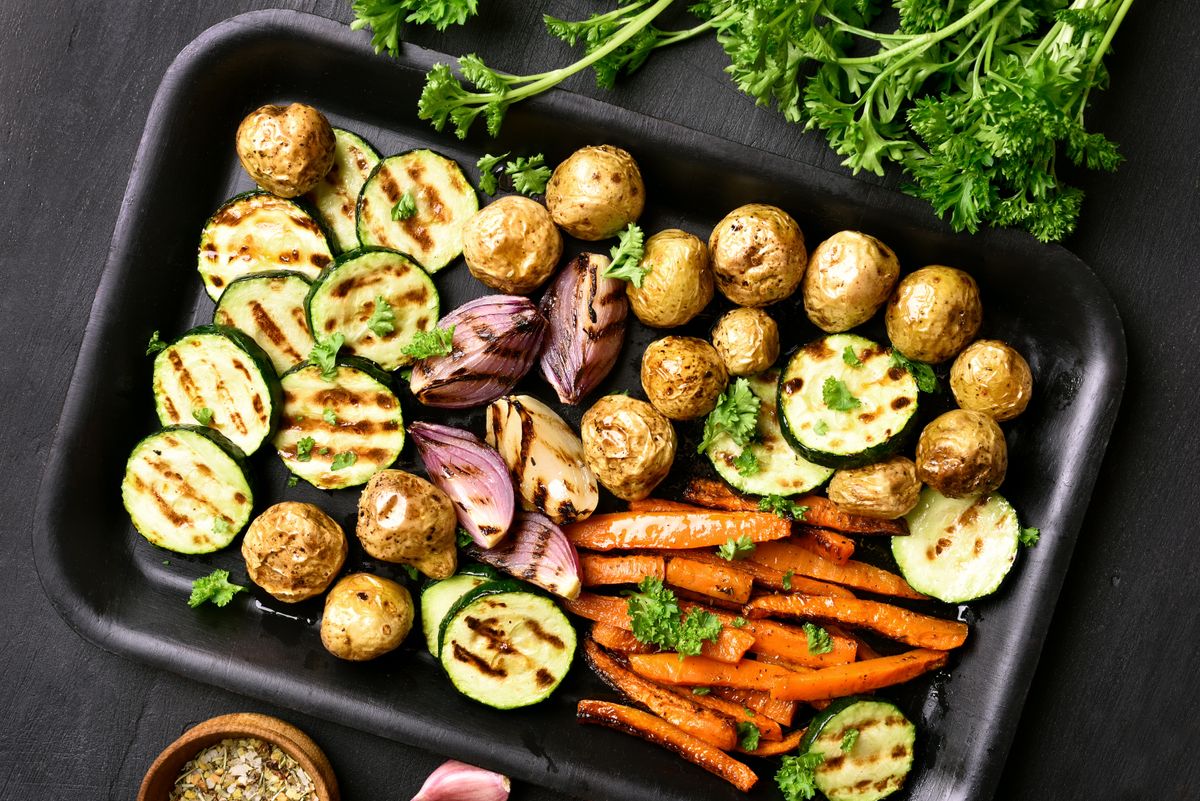Inflammation is a natural response that helps the body heal from injury or sickness. However, an increasing number of people suffer from chronic inflammation, which is a different story altogether. Chronic inflammation occurs when the body continues to release inflammatory markers even in the absence of an injury. This can be due to several factors, including autoimmune disorders, smoking, stress, and excessive alcohol consumption. Prolonged inflammation can lead to serious health issues such as heart disease, diabetes, arthritis, Alzheimer's disease, and certain cancers.
Chronic inflammation is also linked to the aging process. A study published in Aging and Disease states that untreated inflammation can speed up aging and increase the risk of age-related diseases. Therefore, reducing inflammation can help slow down the aging process. Preventing chronic inflammation involves maintaining a healthy diet and an active lifestyle. While no single food can cure inflammation, certain nutrient-dense vegetables can help reduce inflammation and slow aging.
To learn more about the best vegetables to consume to reduce inflammation and slow down aging, we consulted with registered dietitians. Incorporating these vegetables into your diet can help promote healthy aging. Check out "What Science Says About Eating Habits That Slow Aging" for more healthy eating tips.
1) Carrots
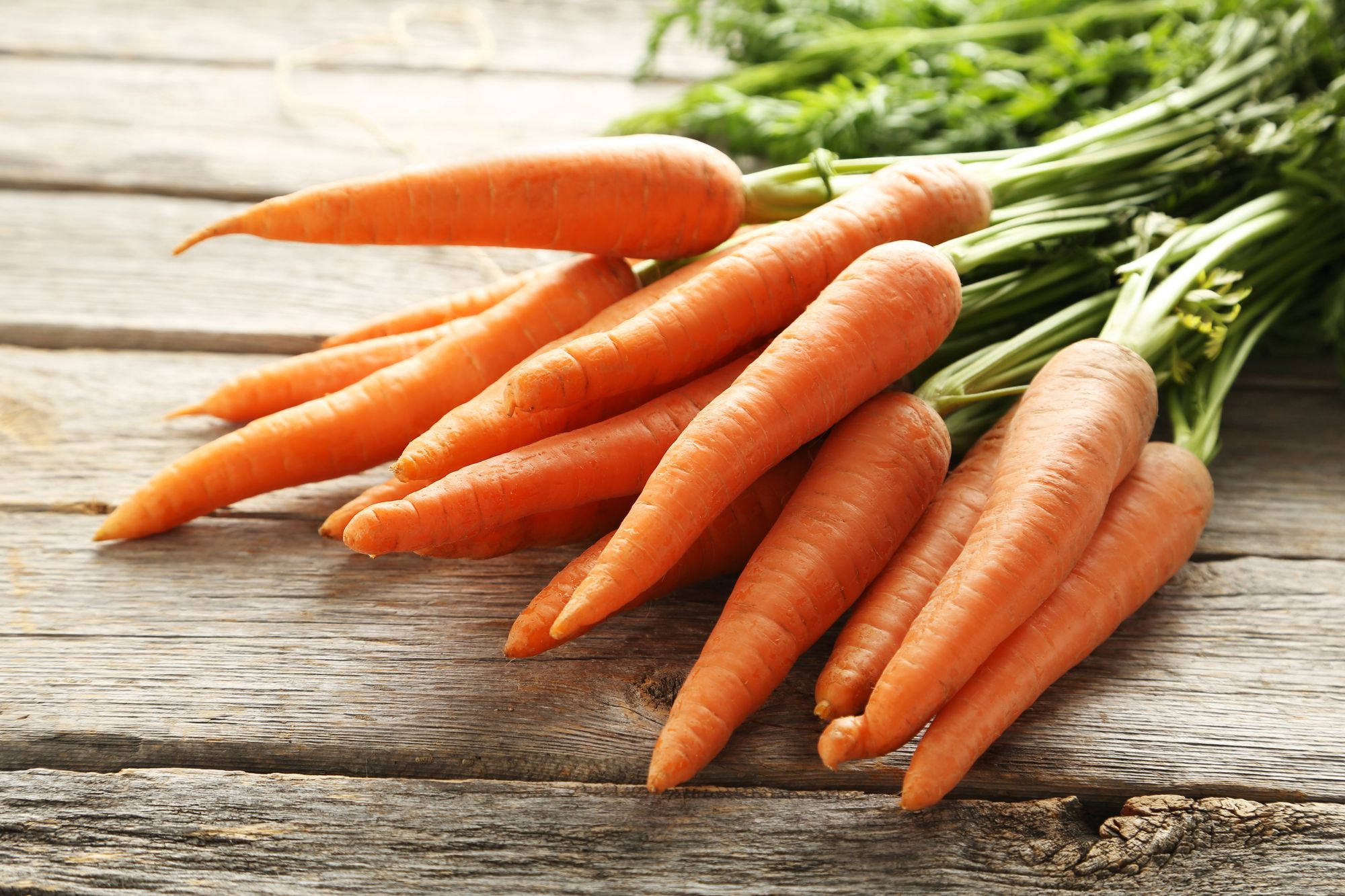
Carrots, whether eaten raw or cooked, contain an abundance of nutrients that can help combat inflammation.
Registered dietitian and author of The First Time Mom's Pregnancy Cookbook and Fueling Male Fertility, Lauren Manaker, MS, RDN, notes that carrots are rich in beta-carotene, a carotenoid that the body converts into vitamin A. Vitamin A is essential for maintaining bone and skin health, particularly as we age. Additionally, vitamin A has been found to have anti-inflammatory properties.
A study published in the Journal of Functional Foods revealed that carrots may reduce inflammation and oxidative stress in the body, which can boost the immune system's strength. Adding carrots to your diet can provide a range of health benefits, including combating inflammation, which is linked to numerous chronic health conditions.
2) Bell peppers
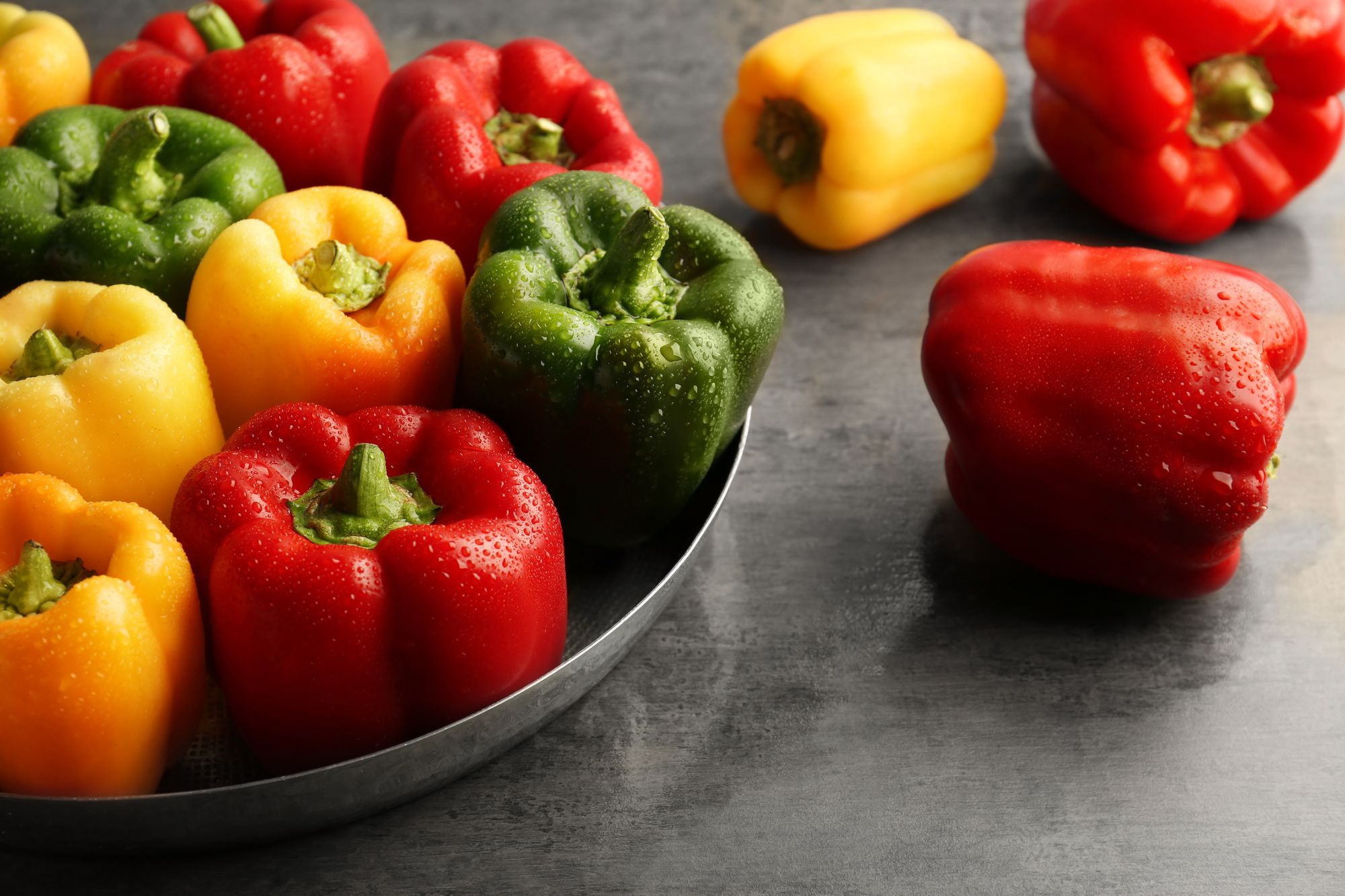
Bell peppers are a versatile vegetable that can be consumed cooked or raw with your favorite dip. They are also helpful for managing inflammation and slowing down the aging process, according to our dietitians.
Registered dietitian and author of Recipe for Survival, Dana Ellis Hunnes, PhD, MPH, RD, notes that bell peppers are rich in naturally occurring antioxidants, such as vitamin C and vitamin A. They are also high in fiber and water, making them a hydrating vegetable. Due to their high antioxidant content, bell peppers are anti-inflammatory, meaning they can help reduce inflammation in the body.
Adding bell peppers to your diet is an easy way to obtain a variety of nutrients that can help reduce inflammation and promote healthy aging.
3) Brocolli
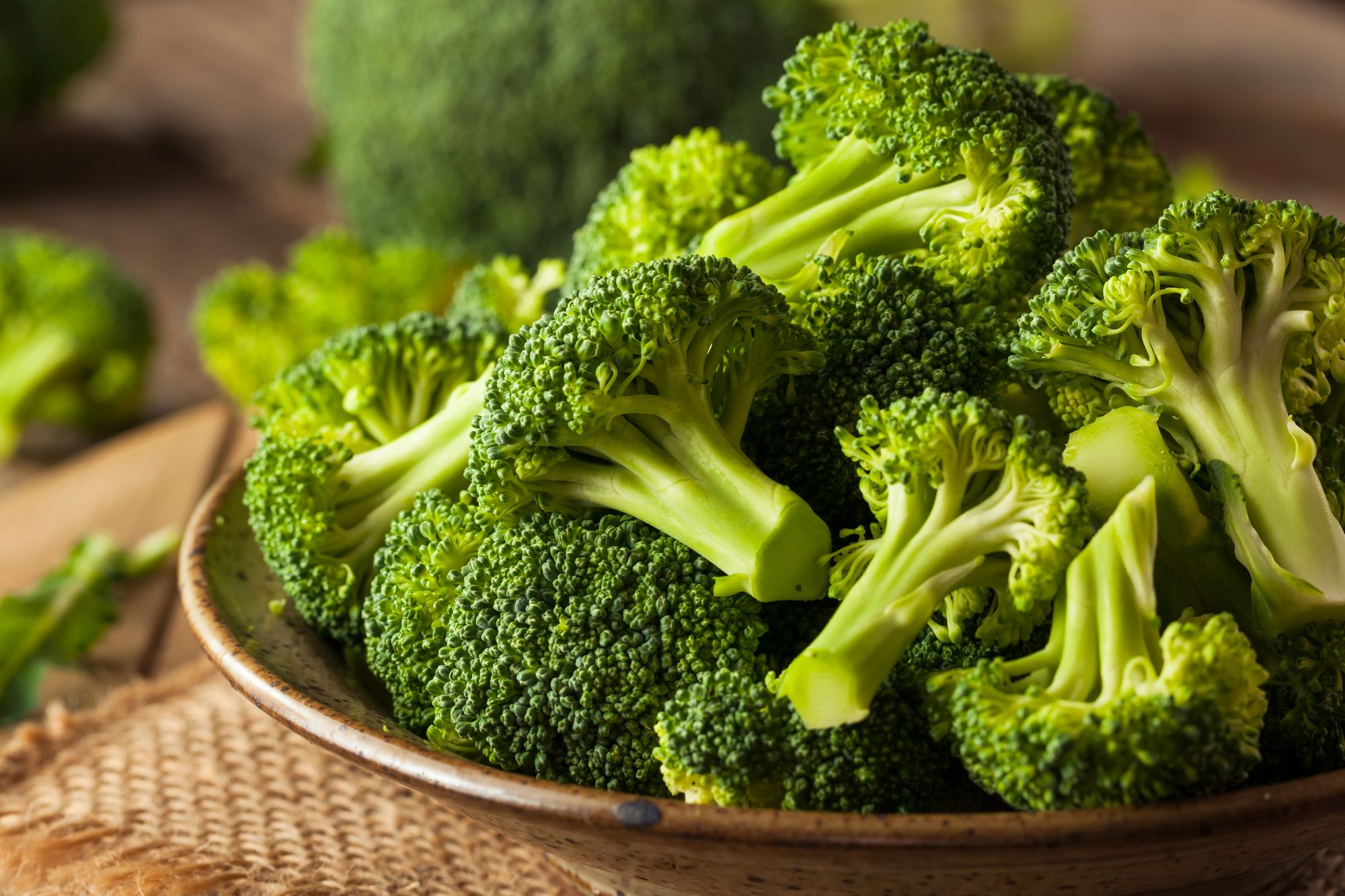
Broccoli is another nutrient-rich vegetable that may help slow down age-related diseases that are associated with chronic inflammation, making it an ideal addition to your dinner plate.
A study published in Clinical Nutrition found that consuming broccoli sprouts can reduce inflammatory markers such as C-reactive proteins.
Registered dietitian Dana Ellis Hunnes, PhD, MPH, RD, explains that broccoli contains high levels of sulfurophanes, natural antioxidants that possess potent anti-inflammatory properties. Broccoli is also rich in calcium, fiber, and water, all of which contribute to its anti-inflammatory benefits. Compared to other vegetables, broccoli is a good source of plant-based protein.
Incorporating broccoli into your diet is an easy way to obtain a range of nutrients that may help reduce inflammation and promote healthy aging.
4) Potatoes
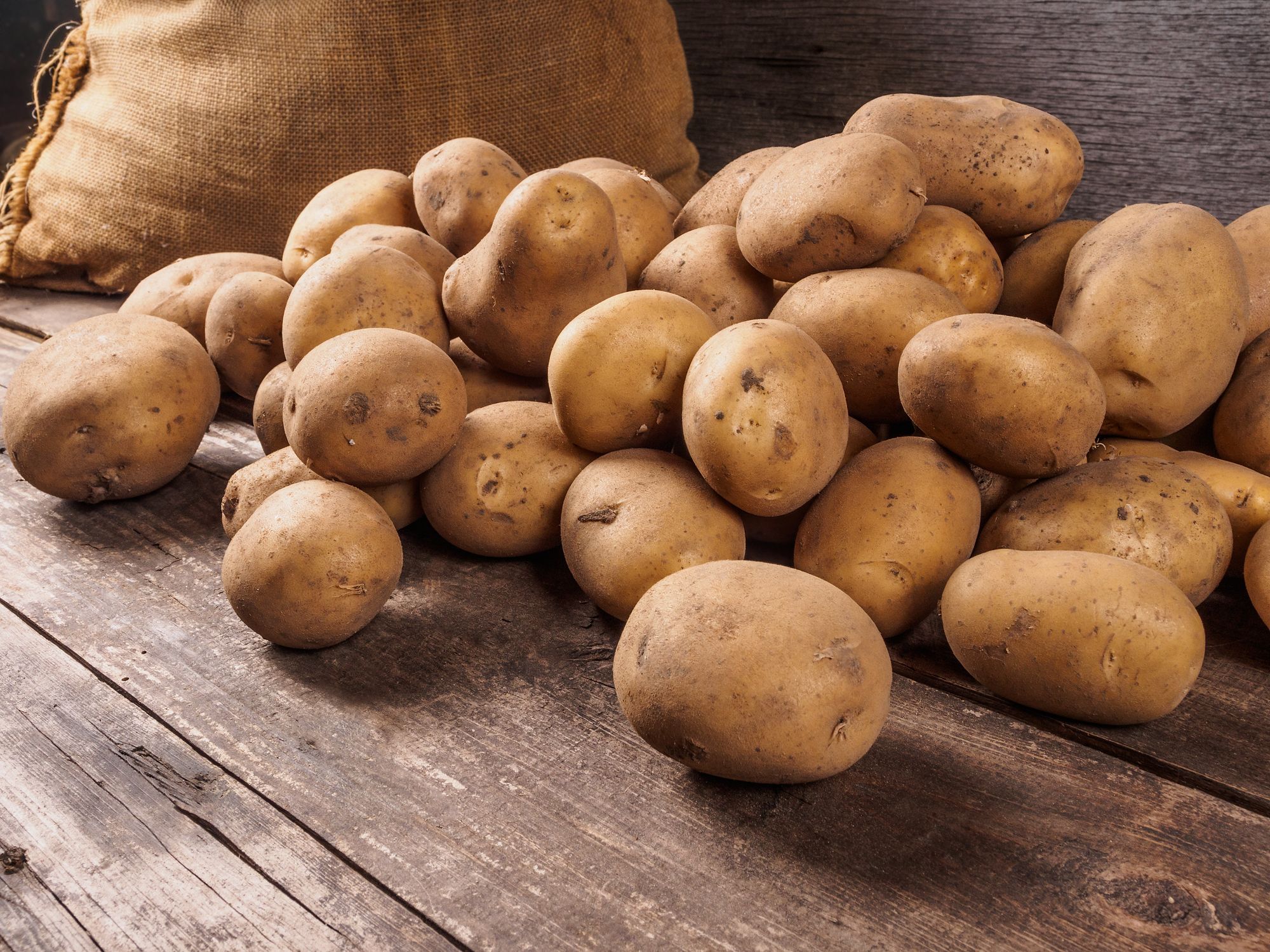
Potatoes are often avoided due to their high carbohydrate content, but this root vegetable is a powerhouse of nutrients that can help slow down the aging process.
According to registered dietitian Veronica Rouse, MAN, RD, CDE, "Potatoes are a nutrient-dense food that are high in fiber, potassium, vitamin C, and antioxidants that combat free radicals. White potatoes can also help lower inflammation, cholesterol, and blood pressure in the body."
Potassium, which is abundant in potatoes, has been found to alleviate inflammation and pain, particularly in individuals with rheumatoid arthritis. Additionally, higher intake of dietary fiber has been associated with reduced inflammation in the body.
Incorporating potatoes into your diet can provide numerous health benefits, including reducing inflammation and slowing down the aging process.
5) Leafy greens
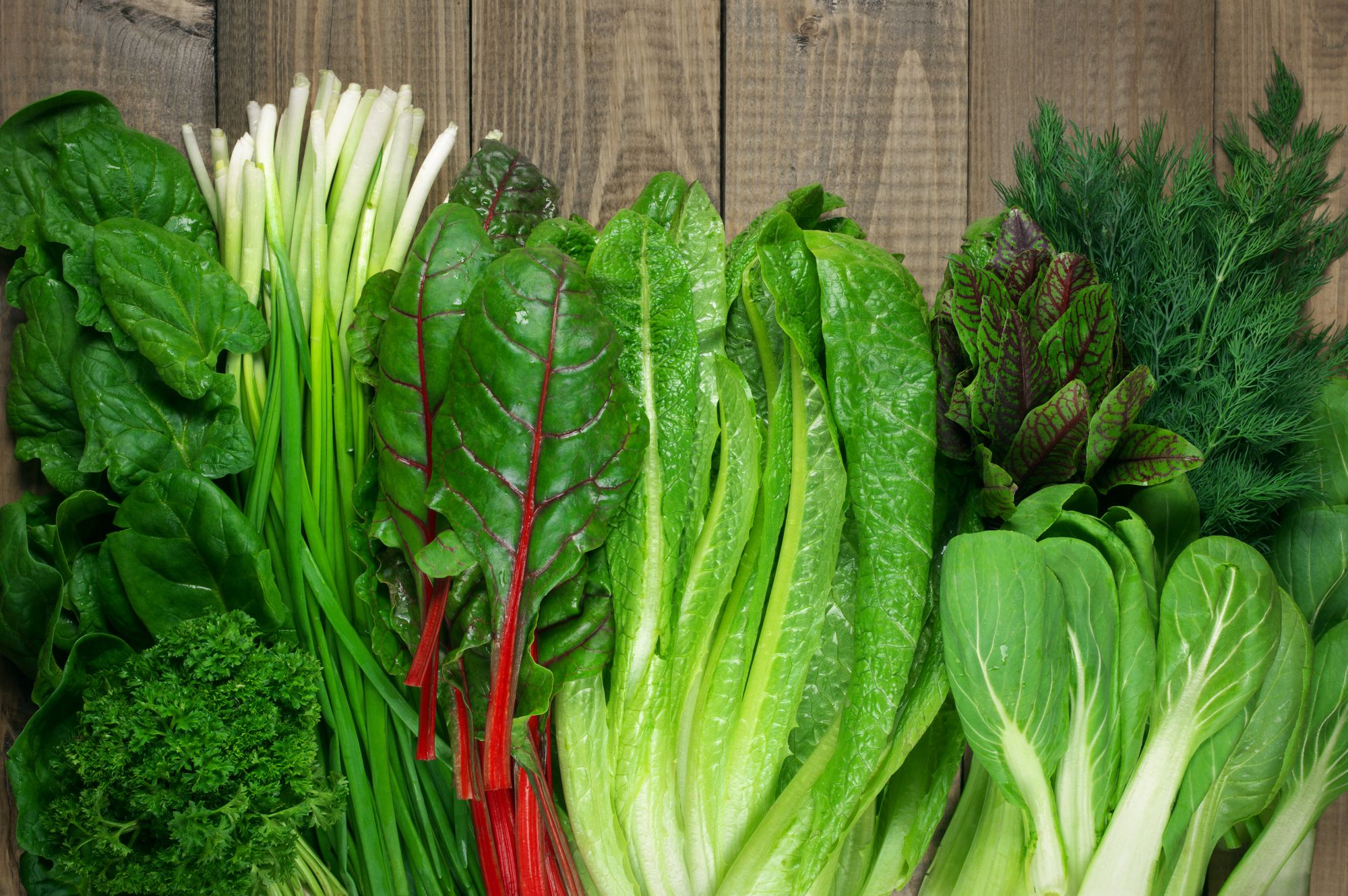
Leafy greens are a versatile vegetable that can be added to a salad or incorporated into various cuisines, making them an important anti-inflammatory food to include in your diet.
"Leafy greens such as spinach, kale, arugula, romaine lettuce, and Swiss chard are abundant in vitamins, minerals, and antioxidants, providing the body with Vitamins A, C, E, and K, iron, potassium, calcium, magnesium, and fiber. Incorporating dark green leafy vegetables into your diet can help reduce inflammation in the body and promote overall health," says registered dietitian Mandy Tyler, MEd, RD, CSSD, LD, LAT.
According to Harvard Health, leafy greens are listed as anti-inflammatory foods due to their high content of antioxidants and polyphenols.
Adding leafy greens to your meals is an easy way to obtain a wide range of nutrients that can help reduce inflammation and support overall health.
6) Garlic
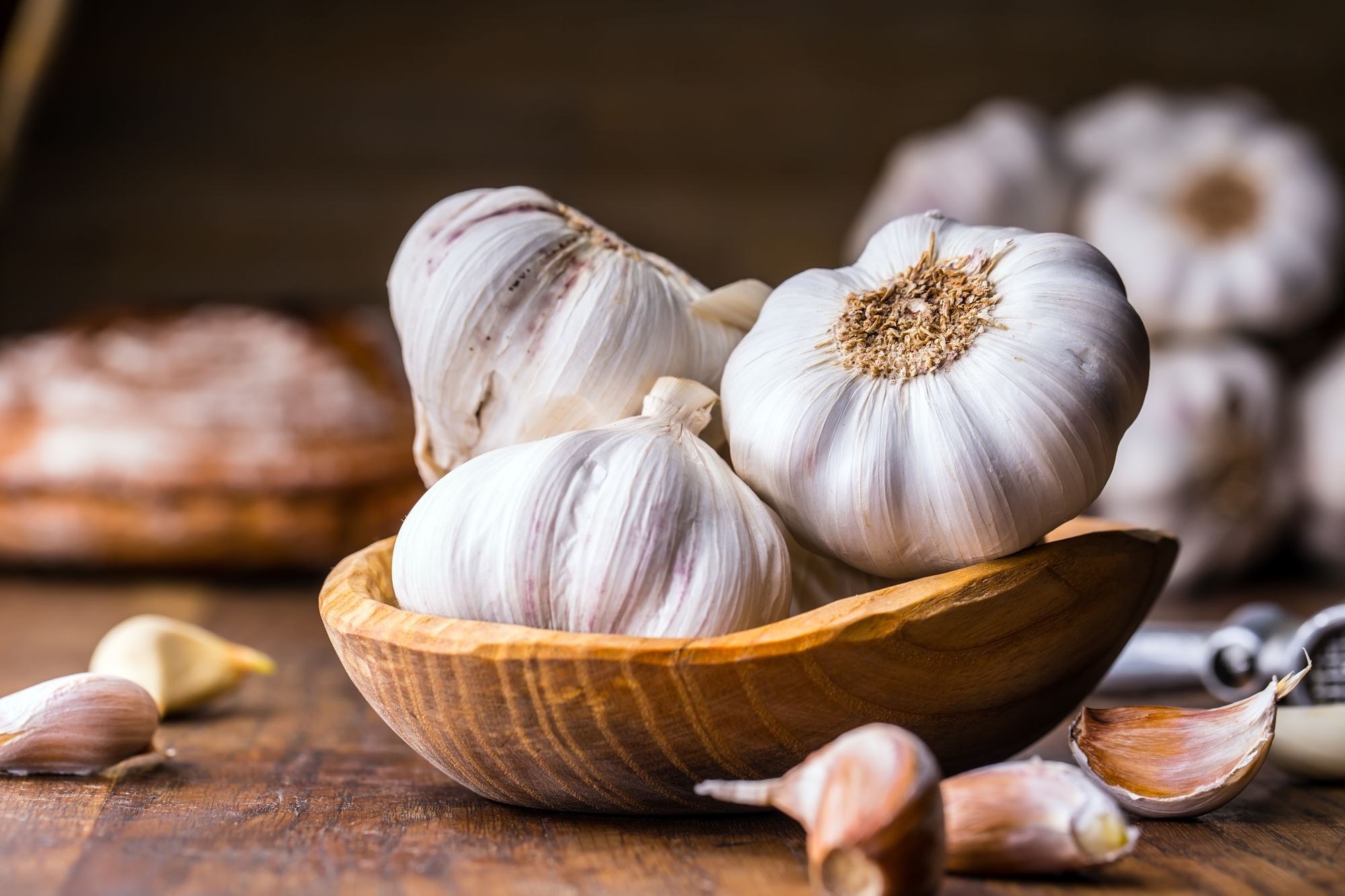
Aside from its delicious flavor, garlic offers numerous health benefits, including its ability to reduce inflammation.
The Journal of Medicinal Food reports that garlic contains sulfur-containing compounds that provide anti-inflammatory effects. Furthermore, a study published in Anti-Cancer Agents in Medicinal Chemistry found that these organosulfur compounds may have immune-boosting properties and could help prevent the growth of certain cancerous tumors.
Incorporating garlic into your meals is an easy way to add flavor while reaping its anti-inflammatory and health-boosting benefits.
7) Onions
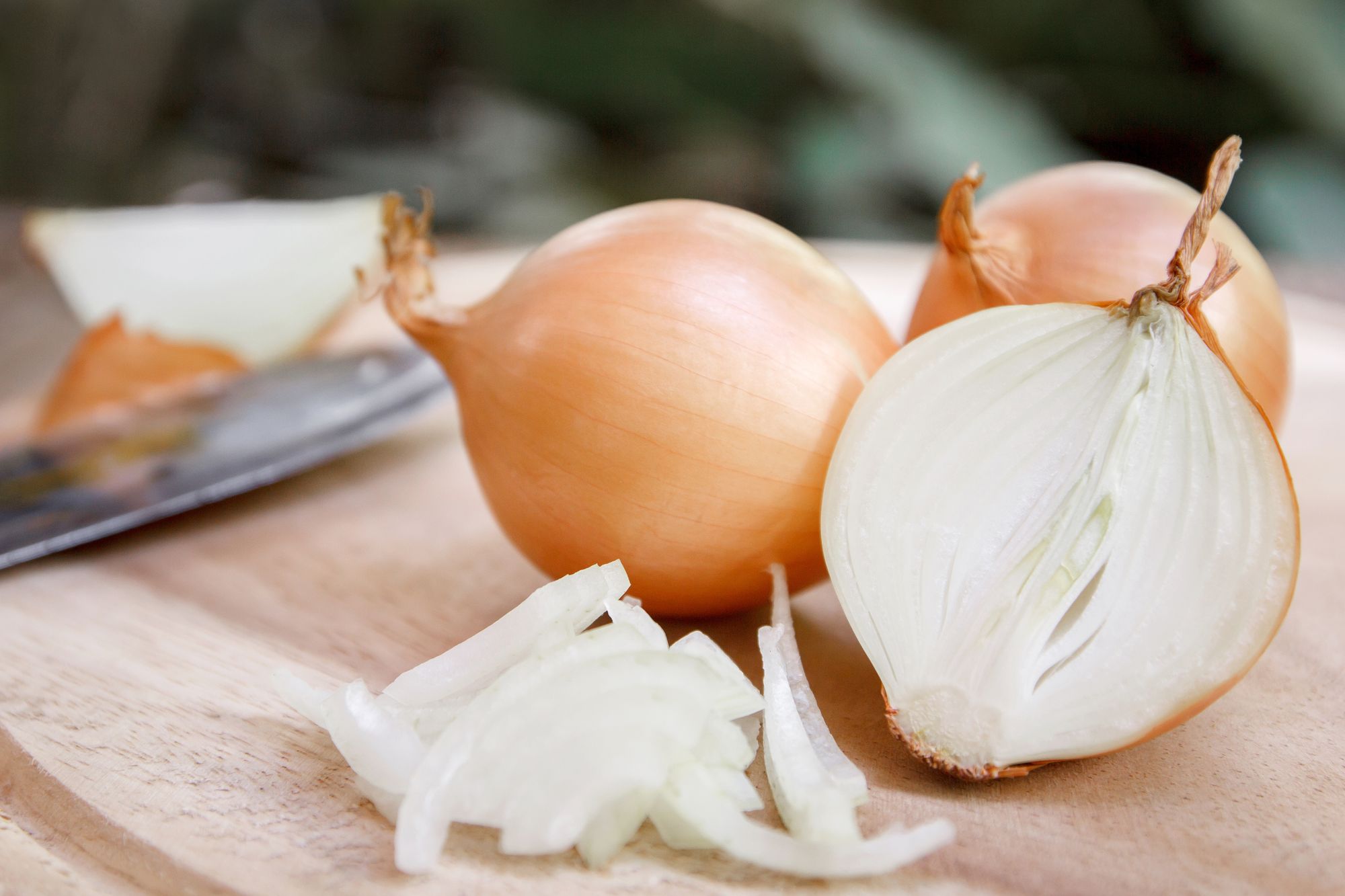
Onions are another flavorful addition to your meals that also pack a powerful anti-inflammatory punch.
Not only are onions a good source of potassium, which has been shown to reduce inflammation, but they also contain the antioxidant quercetin. According to Nutrients, quercetin may have immunity-boosting properties and can help reduce inflammatory markers. Additionally, a report from Frontiers in Immunology suggests that quercetin's anti-inflammatory effects may be beneficial in reducing symptoms of certain autoimmune disorders.
By incorporating onions into your meals, you can enjoy their delicious flavor and take advantage of their anti-inflammatory benefits. Give them a try and see how they can improve your overall health.

